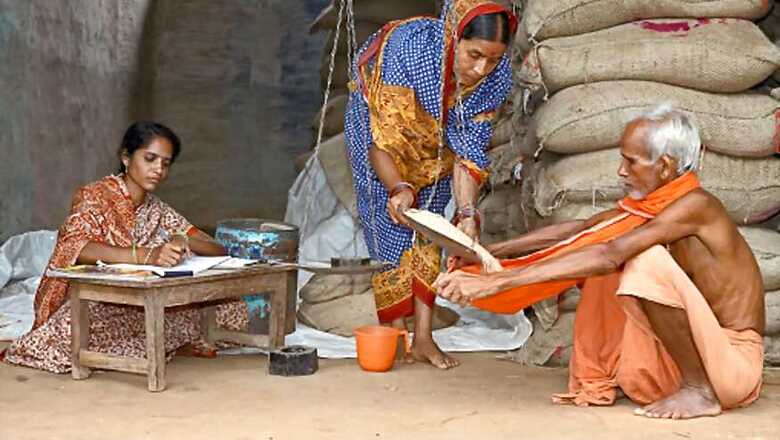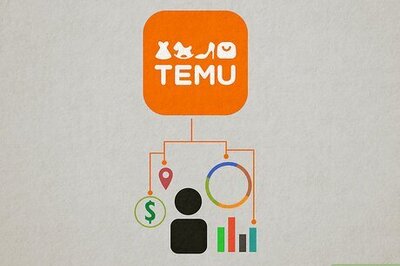
views
New Delhi: The 'One Nation, One Ration Card' initiative will come into force across the country on June 1, 2020. The announcement was made by Union Minister for Consumer Affairs, Food and Public Distribution, Ram Vilas Paswan, on Monday.
The ‘One Nation, One Ration Card’ is a central government initiative that would allow eligible beneficiaries to avail food grains they are entitled to, under the National Food Security Act (NFSA) from any Fair Price Shop (FPS) across the country. They would be able to do so without the need to obtain a new ration card for the new location.
A pilot run for the inter-state portability system was started by the union minister in two clusters of adjoining states — Andhra Pradesh-Telangana and Gujarat-Maharashtra on August 9. This enabled beneficiaries from either states’ cluster to avail benefits under the NFSA from any of the two states.
Who are the beneficiaries?
The beneficiaries under the ‘One Nation, One Ration Card’ system are ration card holders who are eligible to get entitled food grains from fair price shops.
Ration card holders, who are eligible for subsidised food grains, can buy up to 5 kilograms of rice at Rs 3/kg, wheat at Rs 2/kg and coarse grains at Rs 1/kg per month, as mandated under the National Food Security Act passed in 2013.
The system of distributing food grains is handled by the Centre and state governments. The Centre allocates and transports the food grain from Food Corporation of India godowns to the ration shops. The responsibility to provide these subsidised food grains to those eligible falls on the states and union territories, which issue the ration cards.
In the existing process, migrants have to apply for new ration cards at their new locations if they want to buy subsidised food grain, as the cards are linked to their residing places.
However, the new system would be helpful for the large migratory population who will avail the benefits anywhere across the country, once the system comes into force.
"This system would largely benefit the numerous migrant beneficiaries such as labourers, daily wagers, blue-collar workers, etc. who frequently change their place of dwelling in search of employment or for other reasons across the country," Paswan said.
Challenges
A challenge in pan-India implementation of 'One Nation, One Ration Card' is that inter-state portability would be available only through the fair price shops that have fully online electronic point-of-sale (ePoS) devices.
Thus, installation of ePoS devices at these shops would be the key enabler of portability of ration card holders, supported by the biometric/Aadhaar authentication.
According a report in The Economic Times, currently there are around 5.3 lakh fair price shops across India. Of these, 23 crore ration cardholders can avail subsidised food grains. Out of 5.5 lakh such shops, 4.3 lakh (nearly 82 percent) outlets have ePoS devices.
Andhra Pradesh, Gujarat, Haryana, Jammu and Kashmir and Maharashtra have automated all their fair price shops. Only a few ration shops in Bihar and Uttarakhand and none in Arunachal Pradesh, Manipur, Meghalaya, Mizoram and Nagaland have ePoS devices, the report suggests. In Bihar, which sees a lot of labour migration, only 6,371 of the 41,483 fair price shops have ePoS devices, it added.
















Comments
0 comment